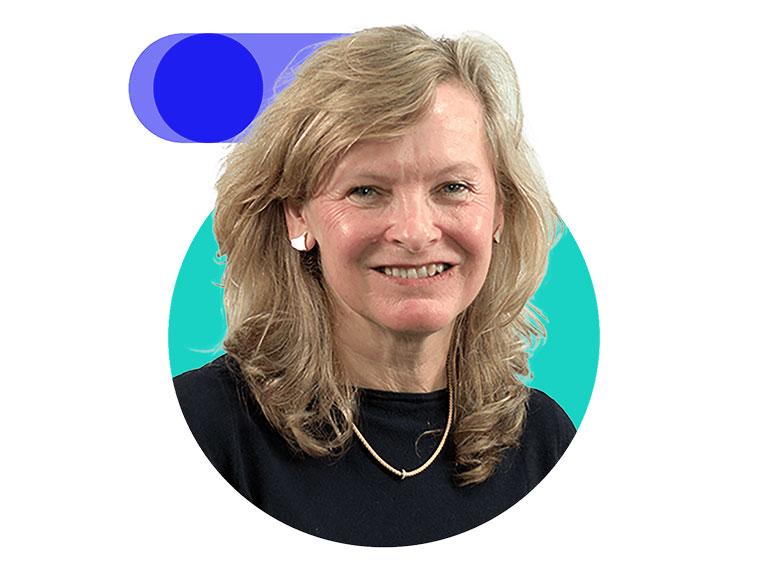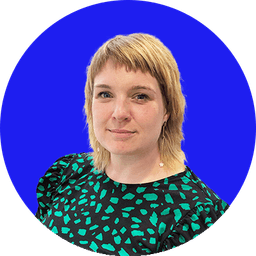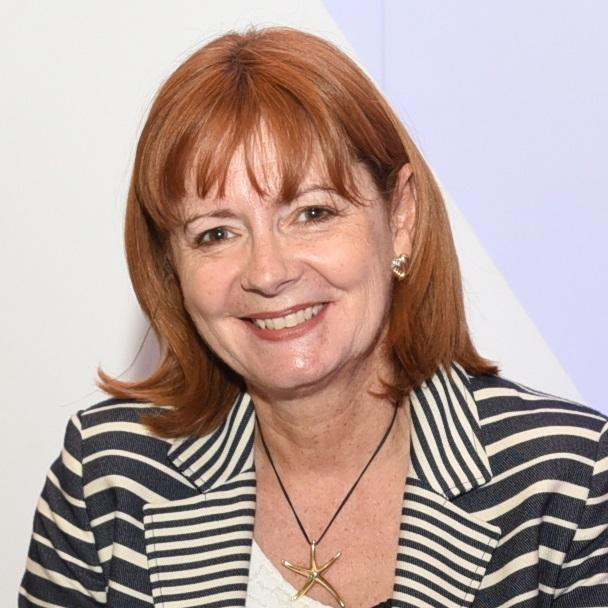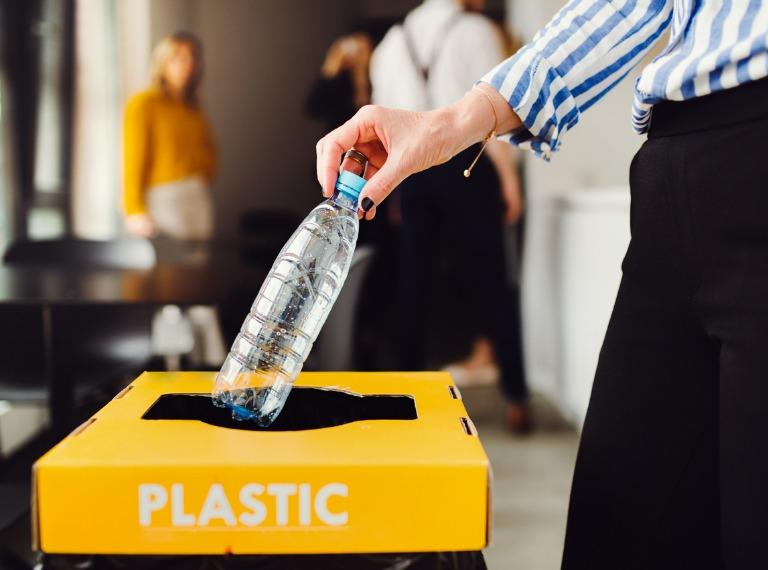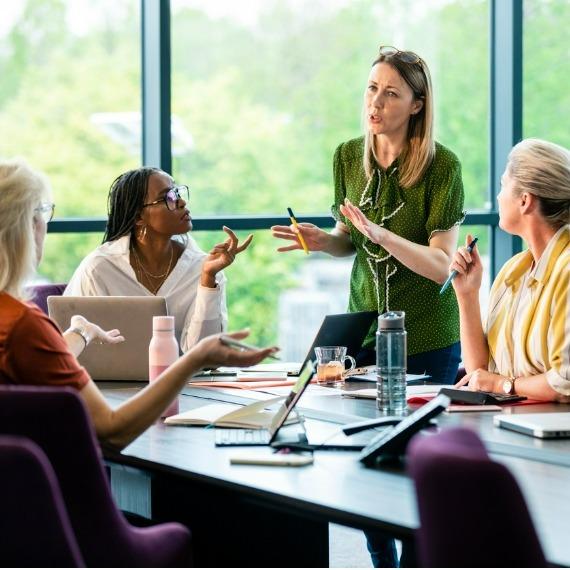Sustainability is no longer just seen as a tick box exercise on a company website or mission statement. With consumers increasingly concerned about social issues and the environment, committing to sustainability can not only enhance your brand image, but your reputation too.
From reducing carbon footprints to recycling or donating office equipment, businesses are under increasing pressure to show how they’re making a positive impact on people and the planet. But what does that look like in practice – and how can sustainability be woven into the fabric of the employee experience?
For Amanda Barnes, Chief Executive of Faversham House, sustainability is a way of doing business. As the publisher and parent company of edie – a leading media brand and network for sustainability professionals – Amanda and her team at Faversham House don’t just talk about sustainable business, they live it.
In 2024, Faversham House became a certified B Corporation (B Corp), a recognition awarded by B Lab to companies that meet high standards of social and environmental performance, transparency, and accountability. But for Amanda, the journey started long before the certification – rooted in the company’s values, culture, and beliefs.
We sat down with Amanda to explore how sustainability can shape everything from talent attraction and retention to leadership, supplier relationships, and long-term business resilience – and why it should be a priority for every organisation, no matter its size.
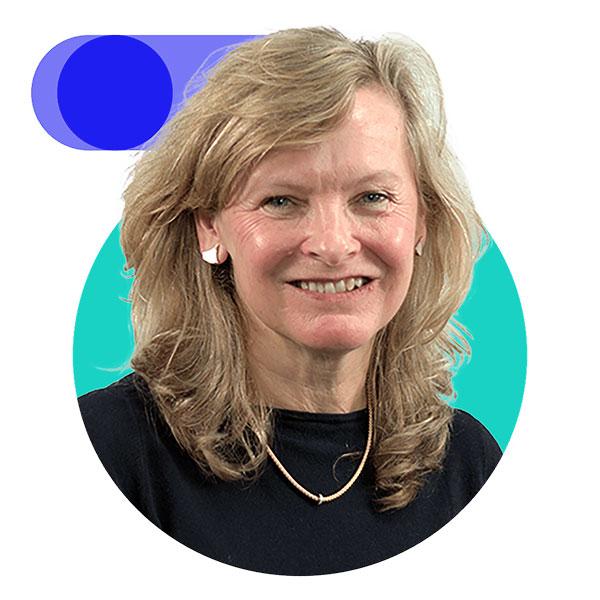
Q: How do you define a sustainable workplace, and why should it be a priority for businesses?
A: Sustainability is often seen through an environmental lens, but it’s much broader than that. It’s about economic, social, and environmental responsibility. A business must be economically sustainable – and profitable – to support its people and purpose. At Faversham House, becoming a certified B Corp meant rewriting our articles of association to reflect that we exist for the benefit of all stakeholders, not just shareholders.
We believe profitability and purpose go hand in hand. By treating people well and acting responsibly, we’ve built a resilient business with high retention and strong values. Our B Corp status formalises what has always been part of our culture, being a responsible business for our people, customers, supply chain, and shareholders.
Q: What specific initiatives have you implemented to promote sustainability in the workplace?
A: Becoming a B Corp wasn’t just something we felt we had to do, it has fundamentally changed how we operate. We’ve formalised our approach to employee wellbeing, enhanced maternity benefits – which is now 12 weeks at full pay – and introduced two paid volunteering days per year for all staff, just two examples of what we’ve introduced recently.
Mental health support is also a key focus, and many of our sustainability initiatives are employee-led. We also tie 10% of employee bonuses to sustainability KPIs, whether that’s reducing event carbon footprints, ensuring diverse representation across content, or improving how we host events.
On the events side, for instance, we’ve pioneered sustainable exhibition stands through the ‘better stands’ programme, which is now being adopted across the UK event industry and internationally. We’ve also moved to fully vegan menus at our edie events and work closely with venues to improve their sustainability practices from food sourcing to waste reduction.
Q: How does a focus on sustainability help attract talent?
A: It’s one of the first things applicants mention in interviews. They’re drawn to us because we’re a B Corp and because we live our values. We’re a mission-driven organisation focused on sparking ideas and actions, making positive change happen, and that resonates with people.
We recruit carefully and build relationships with those people interested in working for us, which helps us stand out. Our attrition rate has dropped significantly, from 31% in 2022 to just 5.8% so far this year. We also promote internally wherever possible, which helps keep people engaged and growing with us.
Q: How can sustainability support employee retention and engagement?
A: Involvement is key. We involve our people, and for us, sustainability isn’t seen as a top-down initiative, it’s fully embedded in our culture. Everyone – except sales which we’re still working on – has sustainability targets tied to their roles as I’ve mentioned. For example, editors and journalists who work for us are measured on diversity of voice, and operations teams are tasked with reducing our carbon footprint at our events. Even at leadership level, one of my own annual targets was to deliver our company’s first impact report, which serves as a key milestone in tracking our progress.
We give people autonomy to pursue these goals, and we aim to make sustainability second nature and part of how we work, not just what we say.
Q: What role do leaders play in aligning sustainability with business strategy?
A: Leaders have to set the tone. Sustainability can’t just be a tick box exercise, and you can’t just claim to do things, which will be perceived as greenwashing . If sustainability is viewed as a PR exercise or an add-on, it unfortunately won’t stick. But if it’s embedded in your business model, as it is for us, it becomes something worth shouting about.
We launched edie in 1998, long before sustainability was mainstream, because we believed it made good business sense. That belief still drives us today. Companies that are serious about sustainability, the likes of IKEA and Patagonia, aren’t backing down. It’s part of their DNA too.
The businesses that shouted about sustainability without embedding it are the ones stepping back now. But for those of us who’ve built it into our operations and values, there’s no going back. What’s more there’s a growing body of research proving businesses who take sustainability seriously are more profitable and grow faster.
Q: How can businesses work with external suppliers and businesses to prioritise sustainability?
A: It starts with normalising the conversation. Not every supplier will be as passionate as we are, but we look for shared values. Sustainability is a key part of our tendering process, especially with larger suppliers.
We’re also realistic, we don’t penalise small suppliers who are just starting out, but we do expect progress and transparency. We choose to work with partners who align with our values and are willing to improve. It’s about building relationships and identifying mutual wins.
Q: What advice would you give to SMEs starting their sustainability journey?
A: It’s a journey, not a destination. Don’t be discouraged by the scale of the challenge. Focus on doing the right thing, take small steps, and communicate clearly.
There are plenty of resources out there, including our own platform edie.net, to help you get started. And don’t let criticism hold you back. It’s easy to be judged for what you haven’t done, but it’s more important to celebrate progress and what you are doing.
Most importantly, treat your people well. Sustainability is about being a decent company, so set clear expectations, be fair, and embed purpose into your company culture. That’s where real change starts.
Are you looking for a talented professional to join your team? Or seeking a new opportunity yourself? Get in touch today to see how we can help.
